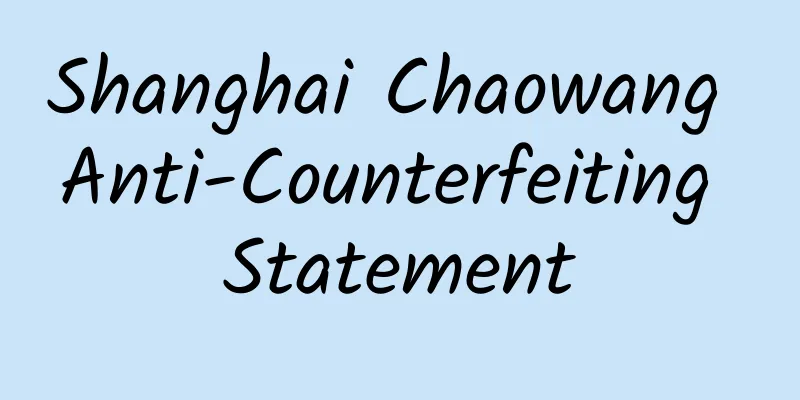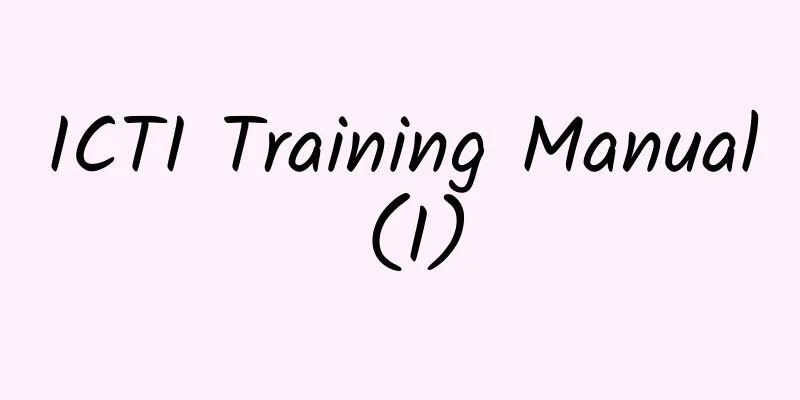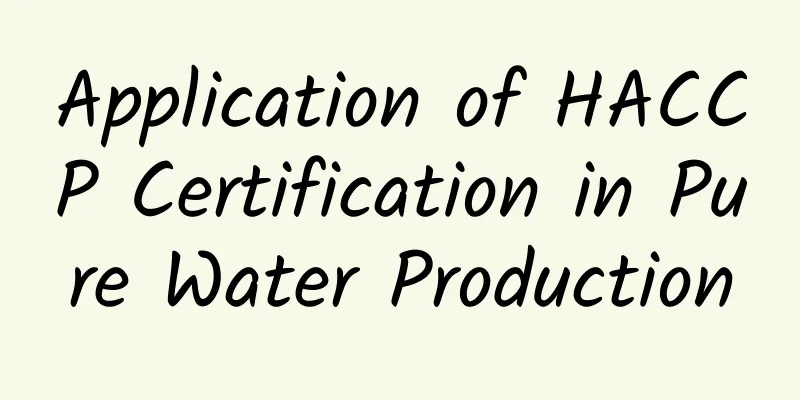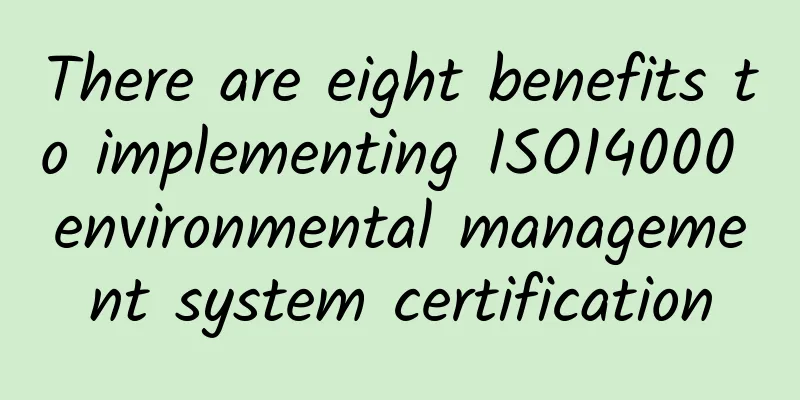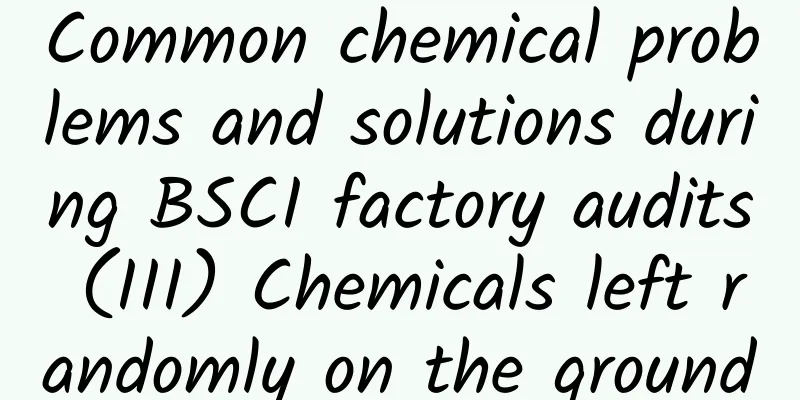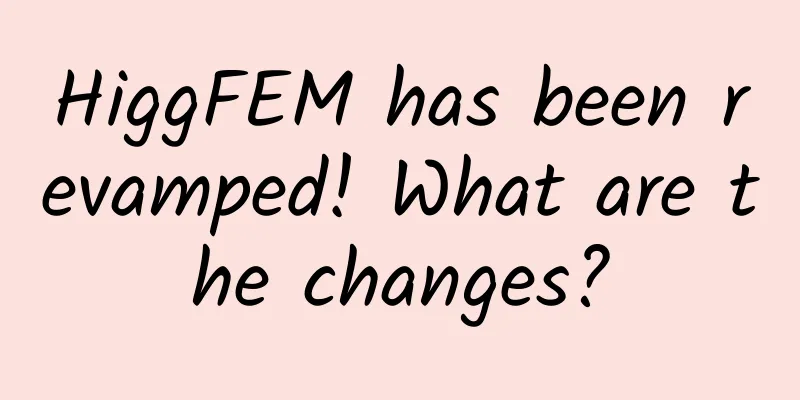International Sustainability and Carbon Certification ISCC Certification Features
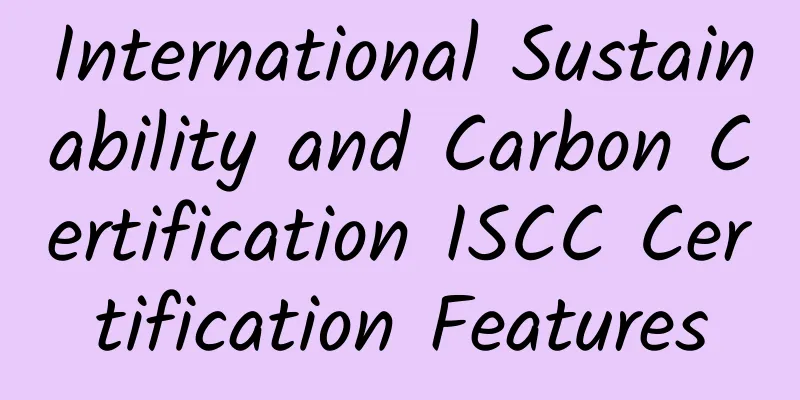
|
ISCC certification is applicable worldwide and covers all types of agricultural, forestry and other raw materials. This includes waste and residues, as well as other raw materials of biological origin (such as lignocellulosic materials, non-food cellulosic materials and algae). The European Commission (EC) advocates the use of such alternative raw materials. The ISCC system can cover the production of biofuels from the simultaneous co-processing of non-biological (fossil) fuels and biofuels. On July 3, 2011, the European Commission fully recognized ISCC EU for use in verifying compliance with the sustainability standards of RED and FQD. In addition, ISCC certification goes beyond the requirements of RED and FQD as it includes extensive ecological and social requirements. ISCC certification audits are conducted by independent third-party certification bodies. The basic characteristics and features of ISCC are as follows: >Global Applicability >Ongoing global and regional stakeholder dialogue > Contains all types of agricultural and forestry raw materials (lignocellulosic materials and non-food cellulosic materials from forests and forest industries). >Includes waste and residues (including from agriculture, forestry, fisheries and aquaculture), biogas and alternative feedstocks such as algae > Demonstrate ecological, social and economic sustainability >Traceability of sustainable materials through mass balance or physical segregation >Continuous improvement of operating procedures, sustainability standards, certification requirements, scope and coverage, essential characteristics of an independent third party >Free access to system documents and information of certificate holders, reflecting transparency >Certification audits conducted by qualified, independent and impartial auditors >Extensive training for auditors, system users and other interested parties >Support for system users Still worried about failing ISCC certification? Don’t worry! Chaowang Consulting and Guidance has been engaged in factory inspection guidance and certification consulting for many years. It has rich experience and connections, is familiar with the process and steps of factory inspection and certification, and can help companies solve certification problems at any time, easily deal with them, and pass them smoothly. Consultation phone: 021-51029391! |
<<: Interpretation of ISCC Audit Key Points
Recommend
Ann Taylor factory inspection key issues
Ann Taylor factory inspection key issues 1. Legal...
HBC ES Ethical Factory Audit and Purchasing Standards
HBC ES ethical factory inspection and procurement...
Common electrical safety issues and solutions during BSCI factory audits (VII) Exposed wires 1
Problem phenomenon: Wires are exposed. Solution: A...
How to use Super Store Manager? What are the functions of Super Store Manager?
All cross-border e-commerce sellers should learn ...
What is Photobucket? What is Photobucket's operating model?
What is Photobucket? Photobucket is a website tha...
How is Shenzhen Yameng Intellectual Property? What is the business scope of Shenzhen Yameng Intellectual Property?
Shenzhen Yameng Intellectual Property Co., Ltd. i...
Can Lazada check visitor volume and conversion rate? FAQs on opening a store on Lazada
1. Can a company open multiple stores? Can a busi...
What is RFQ? What are the usage scenarios of RFQ?
What is RFQ? RFQ means Request for Quotation in w...
What is OptinMonste? What are the features of OptinMonste?
Over the years, OptinMonste has discovered that m...
The "plastic restriction order" has been upgraded! By 2024, France will ban the use of disposable plastic packaging
Today, global sustainable development is at a new...
Nike's factory inspection basis
The basis for Nike's factory inspection is Nik...
Steps to Establish a Quality Management System for Tobacco Laboratories
What are the steps to establish a quality managem...
Reporter at the scene: Bamboo and corn can be made into environmentally friendly organic fabrics
On-site news Bamboo, soybeans, corn, milk, coconu...
What information do you need to register on Cdiscount, the largest e-commerce platform in France? Advantages of registering on Cdiscount in France
Cdiscount is currently the largest e-commerce pla...
IZEA and Rakuten jointly launch social media marketing project SocialLinks
According to recent reports from foreign media, s...
